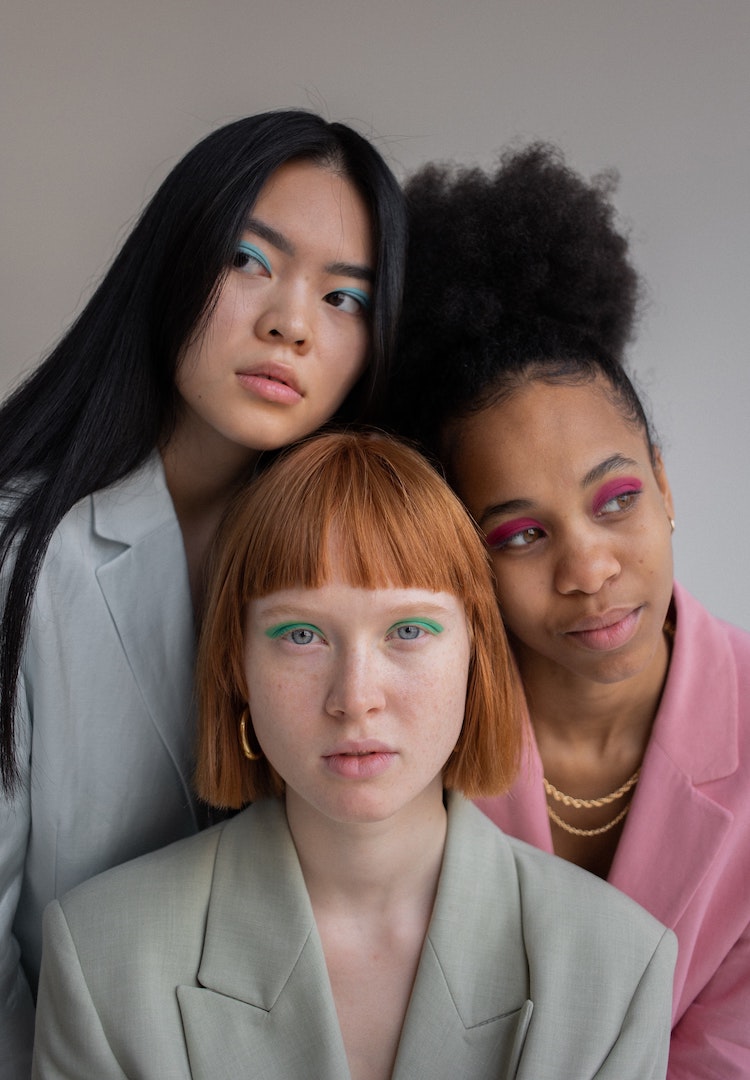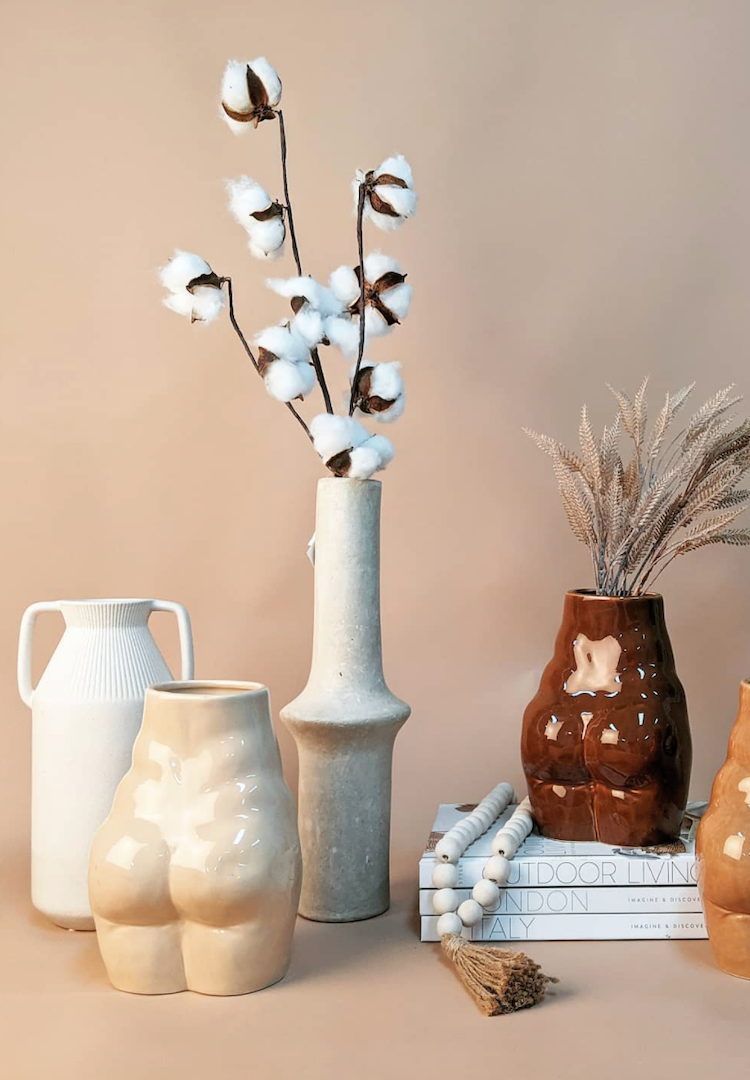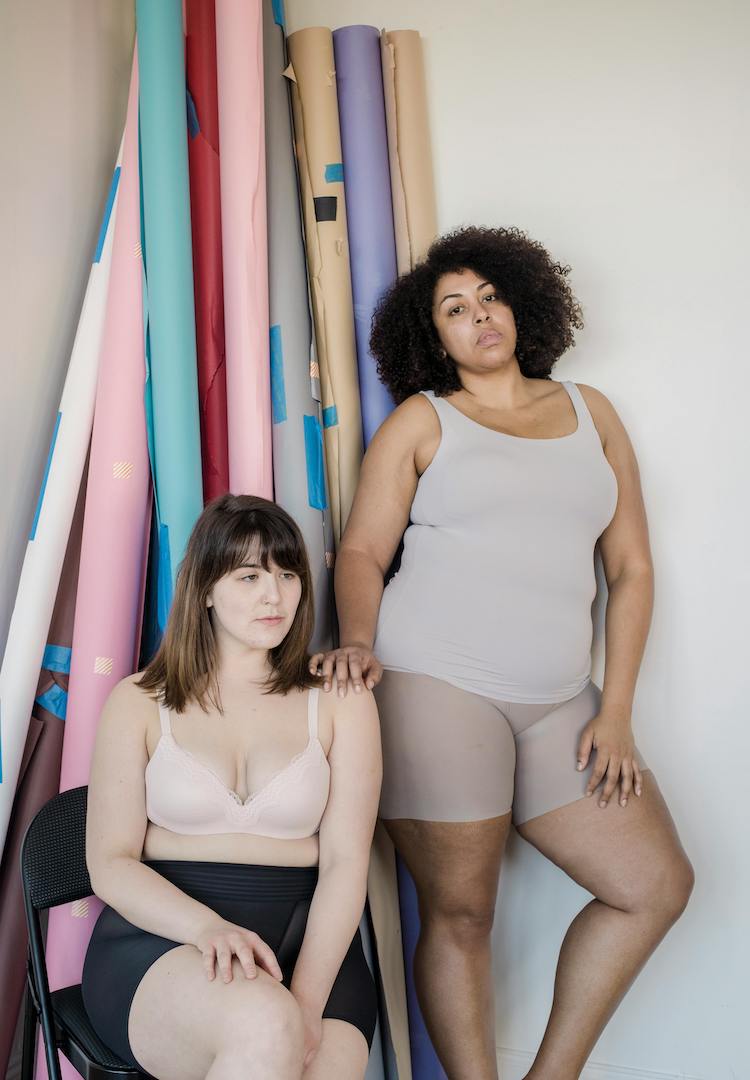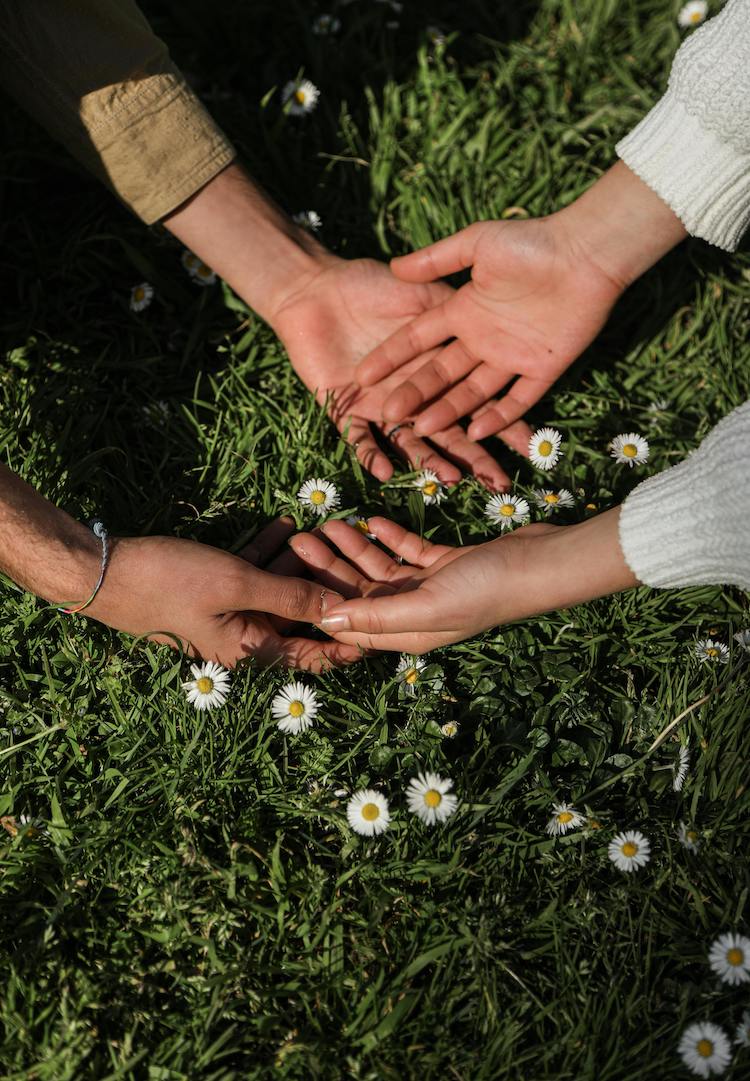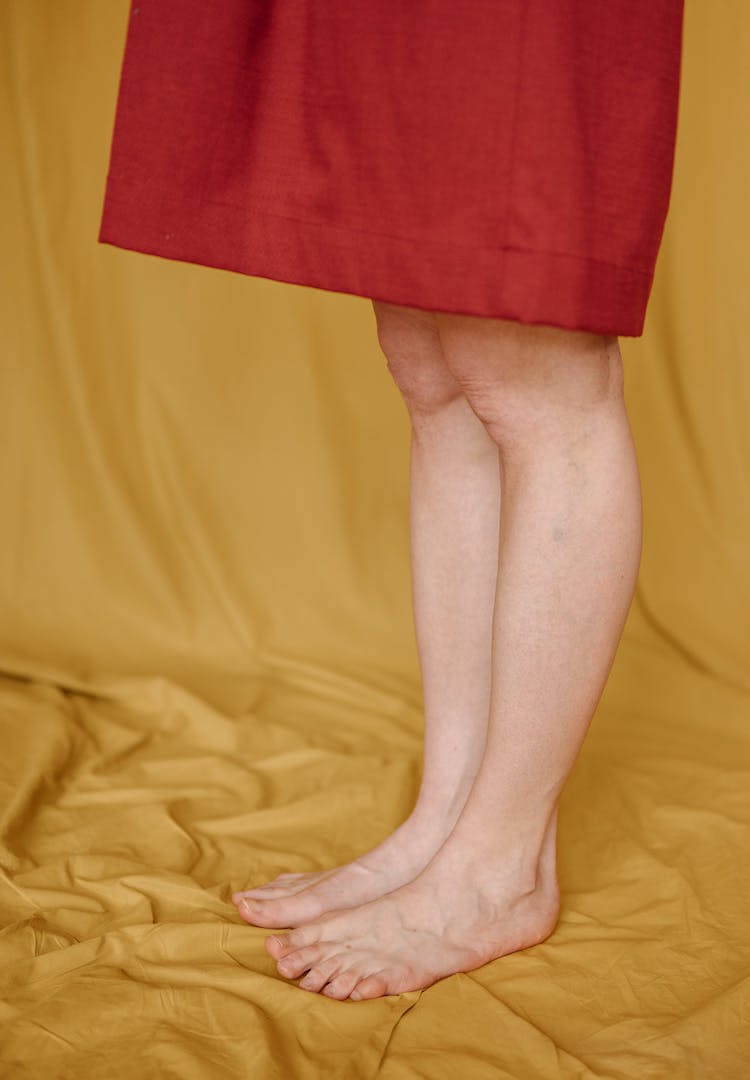Can my period really sync with my friends’? I asked a menstrual coach
Words by Gabrielle O’Hagan
“Your period is your superpower.”
My periods don’t bother me too much anymore. I know, I’m one of the lucky ones. I’ve been getting my period for long enough now that my body seems to have settled into a familiar monthly routine, and the pain and discomfort of menstruation have (for the most part) become bearable. Even if I have a bit of cramping, nausea or back pain, I’m pretty accustomed to it, and I’m able to go about my life as usual.
But every so often, things will change. Without warning, my period will turn into a week from hell. All I want to do is lie on the couch with a heat pack across my abdomen and a tub of ice cream in my hands while I watch Love Actually or He’s Just Not That Into You, bawling my eyes out. One time, all it took was a commercial with labrador puppies to trigger the tears. I know, I know. I’m not exactly shattering any stereotypes here.
Looking for more thought-provoking reads? Try our Life section.
But whenever I exude any outward signs of period-related discomfort, a fellow uterus-owner under the same roof will say, “Oh, I’m on my period too. We must be in sync.” If you’re someone who menstruates, I’ll guarantee you’ve heard the same before. And if you’re anything like me, it will be infuriating. I’m all for a show of solidarity, but the last thing I want to hear about when I have a bad case of the menses is that I’ve somehow induced someone else’s.
The idea of women’s periods synchronising is quite common. The first time I heard it around the age of 13 or 14, it seemed ludicrous – but it’s been studied quite extensively. The theory began in 1971 when researcher Martha McClintock found the timing of menstruation was more similar among women who lived together than women who didn’t.
It was believed when women were in close proximity, their pheromones interacted to the point where the onset of one woman’s cycle could influence another’s.
Since then, some studies have come to the same conclusion, while others have refuted McClintock’s claims. Because our periods are unpredictable at the best of times, most of us will draw conclusions from our own experiences.
I can see the appeal; there’s a sense of camaraderie in having a shared time of the month, and there’s something comforting about knowing someone is eating just as much junk food as you are. But I’ve always been a little bit sceptical. Perhaps it’s because I hate the idea of having to fight with another menstruating woman over heat packs, painkillers, or whatever’s in the fridge.
Torn between fascination and scepticism, I decided to explore the different theories about period syncing with menstrual cycle educator and coach, Jema Lee.
Do our cycles sync up with other women’s, or is this just a myth?
It’s a difficult phenomenon to prove or disprove. Unfortunately, there’s no scientific evidence to confirm whether women’s cycles sync together. However, based on Jema’s experience as a menstrual coach, she believes our environment and the people that surround us can influence when we have our period.
According to Jema, our cycles might not sync up to the same date, but if we come into frequent close contact with other women, they can begin to mirror one another. “Let’s say I’m on day one [of my cycle], and my best friend’s on day three. So we’re quite close, but we’re not on the same days,” Jema tells me. “But when she used to live in the same house as me, we used to sync together.” So the closer women are physically, the more likely they are to sync.
How does this work?
As there’s a lot of conflicting evidence, there’s no hard and fast explanation for why our periods might sync. But essentially, Jema believes that our bodies are good at responding to our environment. “Our body is actually super wise…it happens without us controlling it,” Jema explains.
She says that the best way to think about it is by likening it to what happens when we breastfeed a child. “When we’re breastfeeding, our body knows whether the milk that we’re giving our child needs to have melatonin in it…all via the lips and the nipple and the connection between the two,” she says. “Melatonin gets put into the breastmilk based on the energy between the baby and the mother and the fact that the body knows it’s nighttime outside.” Basically, our body is constantly receiving information and responding to what’s going on around us.
Why is there so much conflicting evidence?
Unfortunately, open-minded discussions around menstruation aren’t happening enough because of period-related stigma. “When we lived in a matriarchal society…women were celebrated,” Jema says. “If you were seen to be menstruating, you had a superpower. How could you bleed and not die?”
In fact, in many Indigenous communities, it was believed that a woman’s period represented her spiritual power. Menstruation became a time for deep introspection and learning. “Now imagine if all women were doing that at the same time,” Jema says.
But times have changed. Traditional, close-knit communities are no longer the norm, and the availability of hormonal contraception allows us to alter our cycle. Therefore, it’s less likely that women will experience menstrual synchrony, which makes it a difficult phenomenon to prove.
How should women think about their cycles moving forward?
If you’re someone who has struggled to embrace their cycle and all its quirks, you’re not alone. “Most women reject their cycle, therefore they’re never going to talk about it,” says Jema. “But if they embrace their cycle first…they’re more likely to open up and discuss it with other people.”
Menstrual synchrony can feel like one of those weird, wacky things that happen among women living under the same roof, but it’s important not to stigmatise it – or any other period-related stuff, for that matter. “Regardless of how you identify, if you’re a menstruator, your period is your superpower,” Jema says. “Start living cyclically, and see how your body feels.”
To read more about Jema’s work as a menstrual coach, head here.

